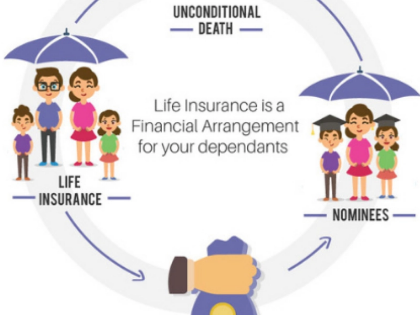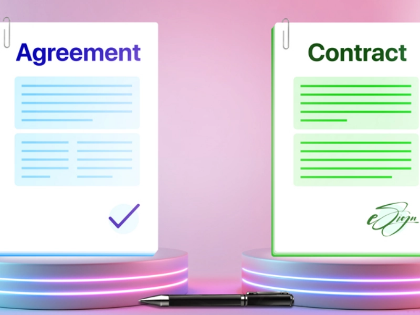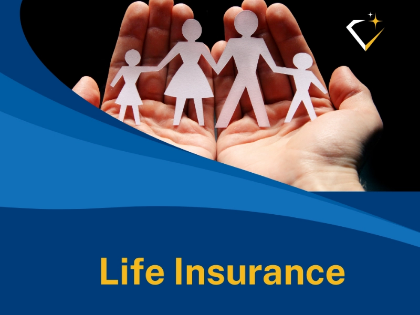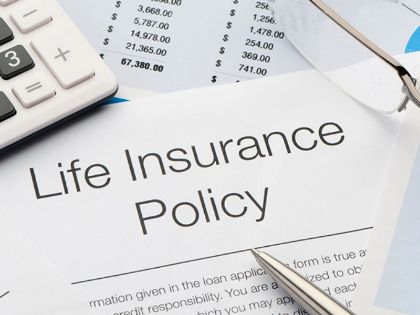Knowing How to Manage Your Debt and Credit
At first, comprehending credit and debt management may seem overwhelming. However, managing debt gets simpler if you know the best strategies for reducing it. To figure out how to pay off debt and make sure you're making payments on time each month, you need to create a budget. By doing this, you may lessen the chance of missing payments, which lowers credit scores.
How Do You Get Credit?
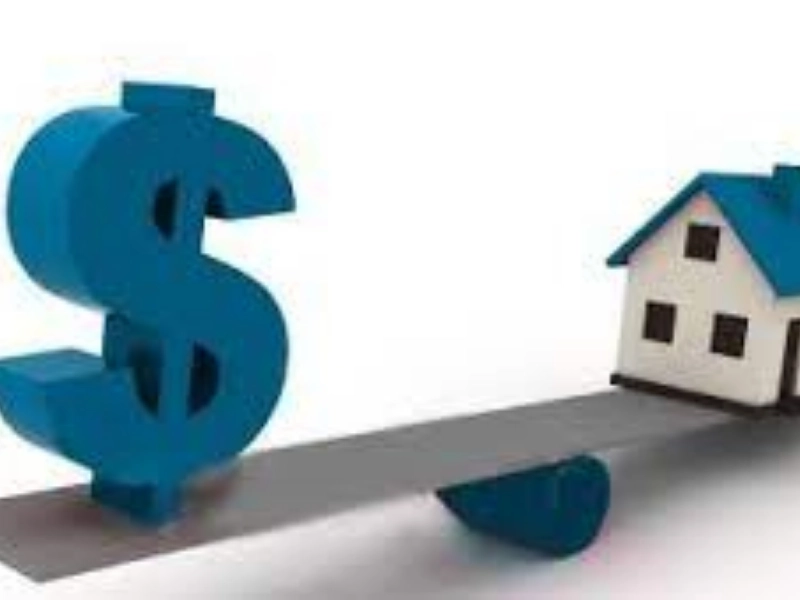 Through the use of credit, you can borrow resources or money now and pay for them later—typically with interest. Lenders review your credit report to decide whether to grant you credit based on your borrowing history. Reduced interest rates on loans are more likely to be approved if you have a high credit score (as measured by the FICO and VantageScore models).
Credit comes in many forms, such as installments and revolving credit. You can borrow against a line of credit that can be used again and paid back, just like a credit card, if it's revolving credit, which includes retail credit cards. Installment credit, such as mortgages and personal loans, requires you to pay back your debt over time in set monthly installments.
Credit is important, but in order to manage it appropriately, you also need to understand how it works. One of the best ways to increase your financial security is to use it to purchase items you can afford rather than those you simply want.
Through the use of credit, you can borrow resources or money now and pay for them later—typically with interest. Lenders review your credit report to decide whether to grant you credit based on your borrowing history. Reduced interest rates on loans are more likely to be approved if you have a high credit score (as measured by the FICO and VantageScore models).
Credit comes in many forms, such as installments and revolving credit. You can borrow against a line of credit that can be used again and paid back, just like a credit card, if it's revolving credit, which includes retail credit cards. Installment credit, such as mortgages and personal loans, requires you to pay back your debt over time in set monthly installments.
Credit is important, but in order to manage it appropriately, you also need to understand how it works. One of the best ways to increase your financial security is to use it to purchase items you can afford rather than those you simply want.
Debt: What is it?
 A debt is anything that one individual or group owes to another, usually in the form of money. Many individuals and businesses utilize it to access certain financial opportunities, like buying a home or going to school, or to make major purchases that they cannot now afford. A contract pertaining to debt typically includes terms for repayment, including interest rates.
Debt comes in a variety of forms, including secured and unsecured debt. Secured debt has an asset, such as a house or car, backing it up. Lenders are more at risk when dealing with unsecured debt because it is not supported by any assets. Additionally, there is revolving debt, which permits a borrower to access a line of credit up to a predetermined amount, pay it back, and then access the maximum once more. Both people and companies can benefit from cautious debt use. But before taking on debt, it's critical to be aware of the dangers.
A debt is anything that one individual or group owes to another, usually in the form of money. Many individuals and businesses utilize it to access certain financial opportunities, like buying a home or going to school, or to make major purchases that they cannot now afford. A contract pertaining to debt typically includes terms for repayment, including interest rates.
Debt comes in a variety of forms, including secured and unsecured debt. Secured debt has an asset, such as a house or car, backing it up. Lenders are more at risk when dealing with unsecured debt because it is not supported by any assets. Additionally, there is revolving debt, which permits a borrower to access a line of credit up to a predetermined amount, pay it back, and then access the maximum once more. Both people and companies can benefit from cautious debt use. But before taking on debt, it's critical to be aware of the dangers.
Good Debt: What Is It?
 You can fulfill your aspirations and reach your financial goals by managing your debt well. But not all debt is created equal. Good debt can include things like small business loans that support a company's expansion, school loans that help boost future wages, and mortgages that lead to home ownership. Consumer debt, credit card debt with exorbitant interest rates, and that new SUV you can't seem to afford are all considered forms of bad debt.
Determining what constitutes "good" or "bad" debt can be difficult and is based on a person's particular financial circumstances, debt repayment habits, and other elements. But there are some broad rules of thumb to go by when deciding what form of debt is best for you.
You can fulfill your aspirations and reach your financial goals by managing your debt well. But not all debt is created equal. Good debt can include things like small business loans that support a company's expansion, school loans that help boost future wages, and mortgages that lead to home ownership. Consumer debt, credit card debt with exorbitant interest rates, and that new SUV you can't seem to afford are all considered forms of bad debt.
Determining what constitutes "good" or "bad" debt can be difficult and is based on a person's particular financial circumstances, debt repayment habits, and other elements. But there are some broad rules of thumb to go by when deciding what form of debt is best for you.
Bad Debt: What Is It?
 Uncollectible account expenses, sometimes referred to as bad debt, are a fact of life for any company that gives its clients credit. There's always a chance that a client won't pay their bills, particularly if they're experiencing financial difficulties or bankruptcy. Because of this, it's critical for companies to estimate the portion of their outstanding receivables that will never be paid in order to prepare for the likelihood of bad debt.
Bad debt can be calculated and recorded in three primary ways. At the conclusion of each accounting period, the write-off procedure entails manually writing off each bad debt balance. For small firms with a low volume of credit sales, this approach works best. The other two options entail estimating how many of your outstanding accounts receivable you won't be able to collect by employing a process known as the accounts receivable aging method, which is based on past data. You may then determine the overall amount of bad debt you have by comparing this with your credit score.
Uncollectible account expenses, sometimes referred to as bad debt, are a fact of life for any company that gives its clients credit. There's always a chance that a client won't pay their bills, particularly if they're experiencing financial difficulties or bankruptcy. Because of this, it's critical for companies to estimate the portion of their outstanding receivables that will never be paid in order to prepare for the likelihood of bad debt.
Bad debt can be calculated and recorded in three primary ways. At the conclusion of each accounting period, the write-off procedure entails manually writing off each bad debt balance. For small firms with a low volume of credit sales, this approach works best. The other two options entail estimating how many of your outstanding accounts receivable you won't be able to collect by employing a process known as the accounts receivable aging method, which is based on past data. You may then determine the overall amount of bad debt you have by comparing this with your credit score.

